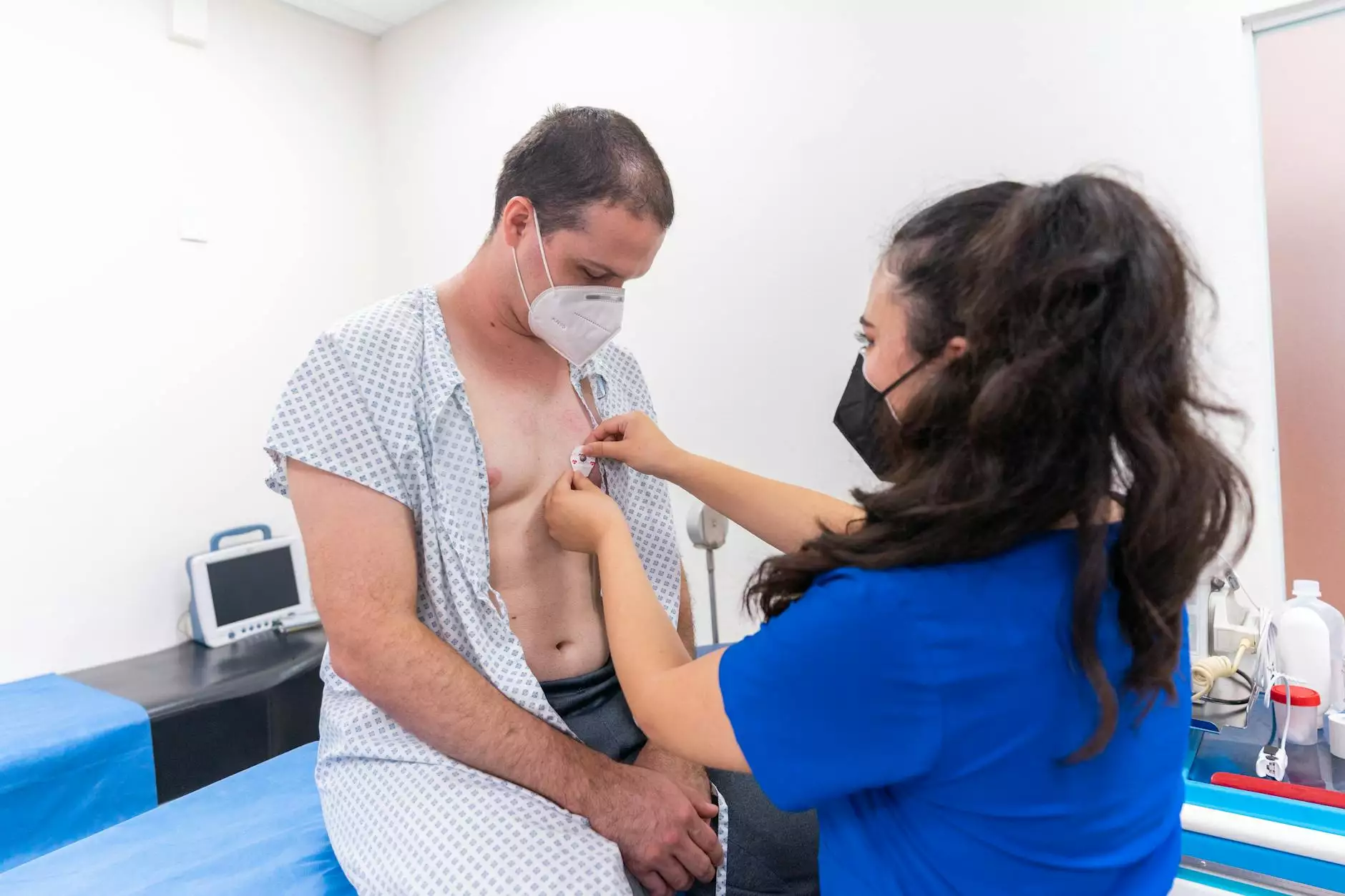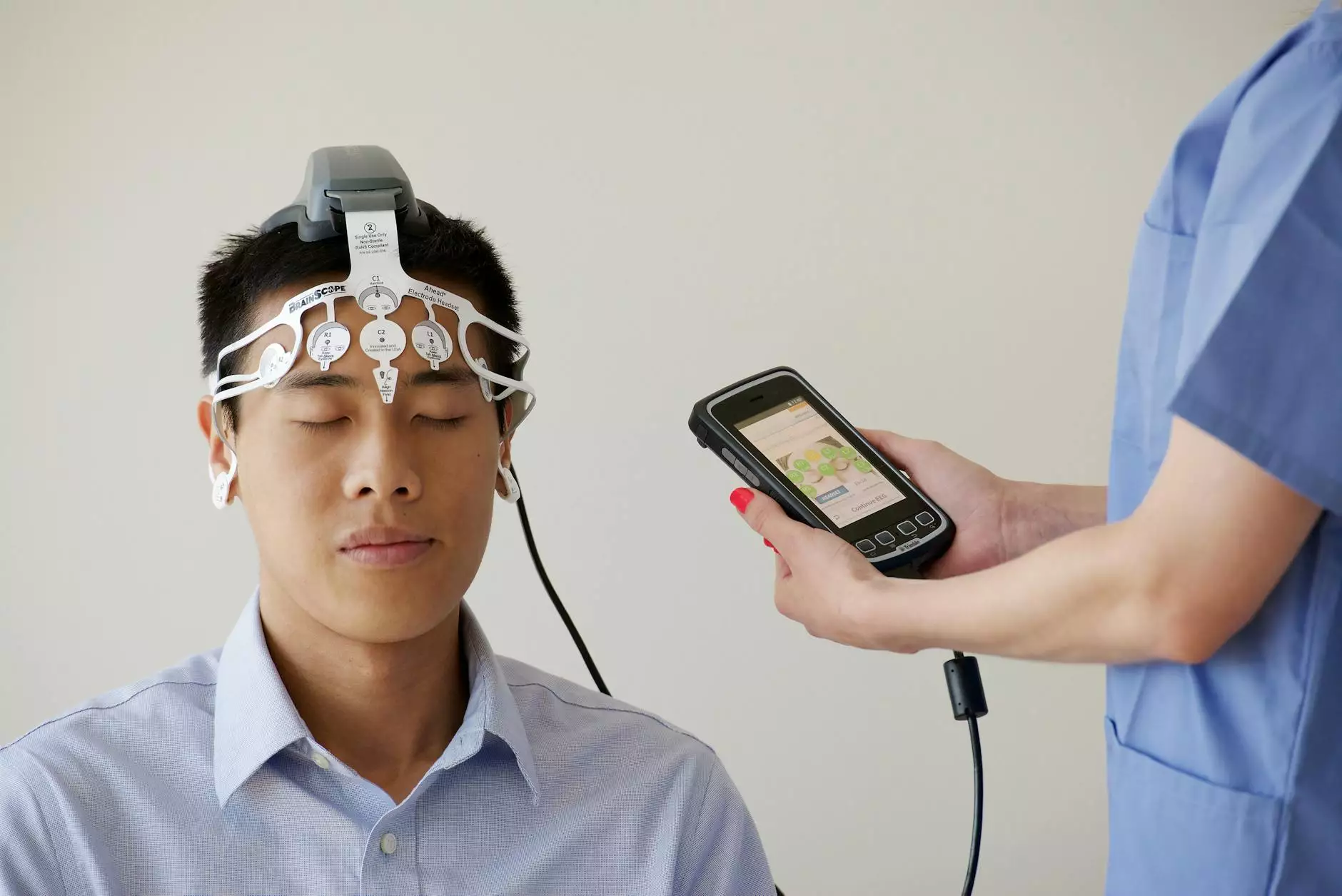Is a Stress Test Painful?

When it comes to medical procedures, the question of pain is always a concern for many patients. At Bay Regional Medical Center, we understand the importance of addressing these concerns to provide a comfortable and stress-free experience for our patients.
What is a Stress Test?
A stress test, also known as an exercise electrocardiogram, is a diagnostic procedure used to evaluate the heart's response to physical activity. The test is commonly performed to assess the presence of coronary artery disease, detect heart-related abnormalities, and evaluate treatment options.
During a stress test, the patient is typically asked to walk on a treadmill or ride a stationary bicycle while their heart rate, blood pressure, and electrocardiogram (ECG) are continuously monitored. By observing the heart's performance under stress, doctors can determine if there are any abnormalities or inadequate blood flow to the heart.
Understanding the Procedure
Many patients wonder whether a stress test is painful. The good news is that the procedure itself is generally not painful. However, it can be physically demanding, and some individuals may find it challenging due to underlying health conditions or limited exercise tolerance.
At Bay Regional Medical Center, our medical professionals take every precaution to ensure your safety and comfort during the stress test. You will be supervised by trained healthcare professionals who will monitor your vital signs throughout the procedure, making adjustments to the intensity of the exercise as needed.
Preparing for a Stress Test
Prior to the stress test, it is essential to follow any instructions provided by your healthcare provider. These instructions may include avoiding caffeine or certain medications that could interfere with the accuracy of the test results.
It's important to wear comfortable clothing and shoes suitable for exercise during the stress test. Women should wear a supportive sports bra, while men may be asked to shave areas where electrodes will be placed for better contact.
What to Expect During the Procedure
On the day of your stress test, you will be greeted by our friendly and highly-skilled medical staff. Before the test begins, a healthcare professional will carefully explain the procedure and address any remaining concerns or questions you may have.
Typically, the procedure starts with attaching electrodes to your chest, which will monitor your heart's electrical activity. A blood pressure cuff will also be placed on your arm to monitor your blood pressure during the test.
Once the monitoring devices are in place, you will begin the exercise portion of the stress test. The treadmill or stationary bicycle's intensity will gradually increase, allowing your heart to reach the target heart rate determined by your healthcare provider.
It's important to communicate any discomfort or pain during the test to the healthcare professionals overseeing the procedure. They will guide you through the test, ensuring your safety at all times.
Recovering from the Stress Test
Once your stress test is complete, you will be given time to cool down and recover. The medical staff will continue monitoring your vital signs until they return to normal levels.
After the procedure, your healthcare provider will discuss the test results with you, providing a comprehensive analysis of your heart's performance and any potential issues detected. Based on the findings, further diagnostic tests or treatment options may be recommended.
Conclusion
A stress test is an important diagnostic tool that helps medical professionals assess the heart's performance under physical stress. While it may be physically demanding, the procedure itself is generally not painful. At Bay Regional Medical Center, we prioritize your comfort and safety throughout the entire process.
If you have any concerns or questions about the stress test, don't hesitate to reach out to our knowledgeable staff. We are here to provide comprehensive information and support to ensure your peace of mind.




